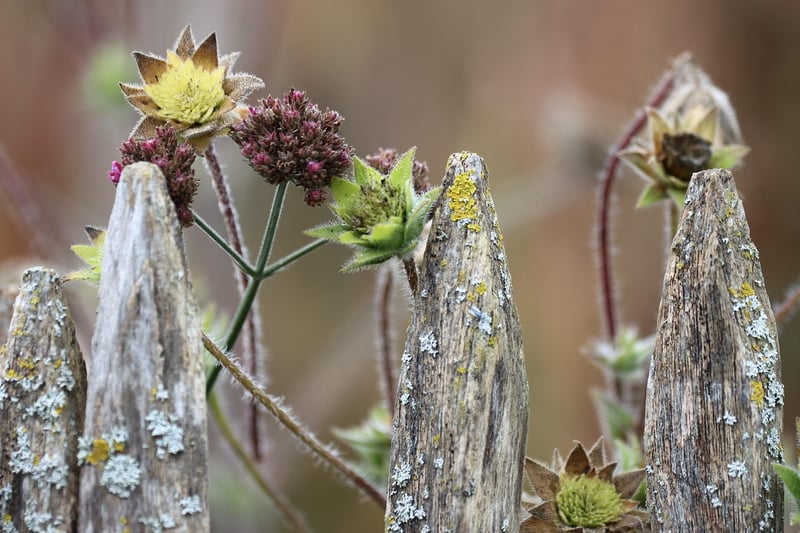Sustainable Gardening
Tips for Sustainable and Eco-Conscious Living
Introduction
Living sustainably and being eco-conscious is not just a trend but a responsibility we all share. By making small changes in our daily lives, we can contribute to a greener and healthier planet. Here are some tips to help you live a more sustainable and eco-conscious lifestyle.
1. Reduce, Reuse, Recycle
One of the simplest ways to live sustainably is to follow the 3 R's: Reduce, Reuse, Recycle. Reduce your consumption of single-use items, reuse products whenever possible, and recycle materials to minimize waste.
2. Conserve Energy
Turn off lights and electronic devices when not in use, use energy-efficient appliances, and consider installing solar panels to reduce your carbon footprint and energy bills.
3. Water Conservation
Fix leaky faucets, take shorter showers, collect rainwater for gardening, and consider xeriscaping to reduce water usage in landscaping.
4. Sustainable Transportation
Opt for public transportation, carpool, bike, or walk whenever possible to reduce emissions from vehicles. Consider investing in an electric or hybrid vehicle for a greener commute.
5. Support Sustainable Brands
Choose products from companies that prioritize sustainability, use eco-friendly materials, and follow ethical manufacturing practices. Support local businesses and farmers markets to reduce the carbon footprint of goods transportation.
Sustainable Gardening
Introduction
Gardening is a great way to connect with nature and promote biodiversity. By practicing sustainable gardening techniques, you can create a thriving garden while minimizing environmental impact.
1. Composting
Start a compost pile to recycle organic waste into nutrient-rich soil for your garden. Composting reduces landfill waste and provides natural fertilizer for plants.
2. Water-Efficient Practices
Use drip irrigation systems, mulch to retain moisture, and harvest rainwater to reduce water usage in your garden. Plant native species that are adapted to the local climate and require less water.
3. Avoid Chemical Pesticides
Opt for natural pest control methods like companion planting, introducing beneficial insects, and using organic pesticides to protect your garden without harming the environment.
4. Plant Trees and Pollinator-Friendly Plants
Plant trees and shrubs to provide shade, improve air quality, and create habitats for wildlife. Choose flowers that attract pollinators like bees and butterflies to promote biodiversity in your garden.
5. Mulch and Compost
Use natural mulch like wood chips or straw to retain moisture, suppress weeds, and improve soil health. Compost kitchen scraps and yard waste to enrich the soil with essential nutrients.
By incorporating these sustainable living and gardening tips into your daily routine, you can make a positive impact on the environment and inspire others to do the same. Let's work together to create a more sustainable and eco-conscious world for future generations!

